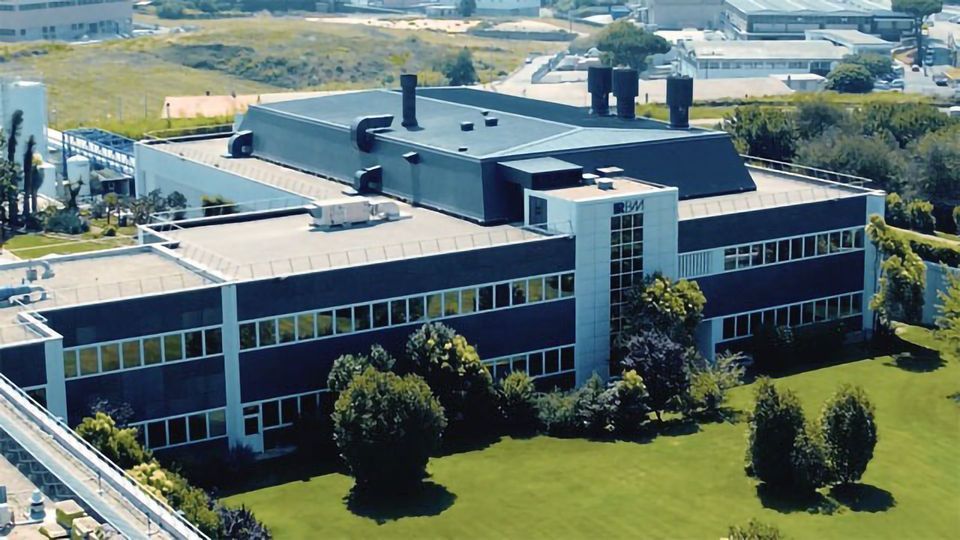New Collaboration Aims to Generate Novel Immune-Checkpoint Monoclonal Antibodies

Complete the form below to unlock access to ALL audio articles.
IRBM has announced the signing of a service and development agreement with The University of Texas MD Anderson Cancer Center. The agreement will focus on the development of therapeutic monoclonal antibodies against a novel immune checkpoint target.
IRBM will work with MD Anderson’s Oncology Research for Biologics and Immunotherapy Translation (ORBIT) platform, part of the institution’s Therapeutics Discovery division focused on therapeutic antibody development. The parties will collaborate to identify and validate lead antibodies through the pre-clinical proof of concept studies.
IRBM’s human antibody discovery platform can rapidly identify and optimize high-quality antibodies, which can be explored and developed as novel therapeutics. IRBM will utilize its proprietary phage-display antibody libraries and immuno-oncology capabilities to generate and optimize fully human antibody candidates against the undisclosed target. Thereafter, MD Anderson has options to continue clinical development of selected antibodies through later clinical stages.
Carlo Toniatti, Chief Scientific Officer, said: “We are proud to partner with MD Anderson for this project. This agreement brings together the top-notch IRBM antibody discovery platform and in-house broad drug discovery and development capabilities with the unique patient-driven translational medicine and clinical capabilities of MD Anderson’s Therapeutics Discovery team. This represents another step in our mission of advancing innovative treatment options for cancer patients”.

